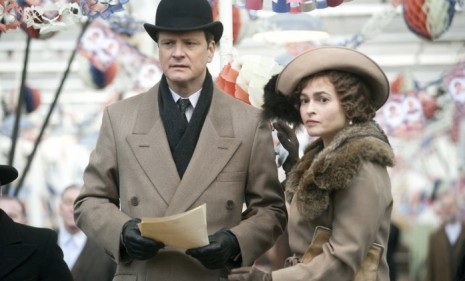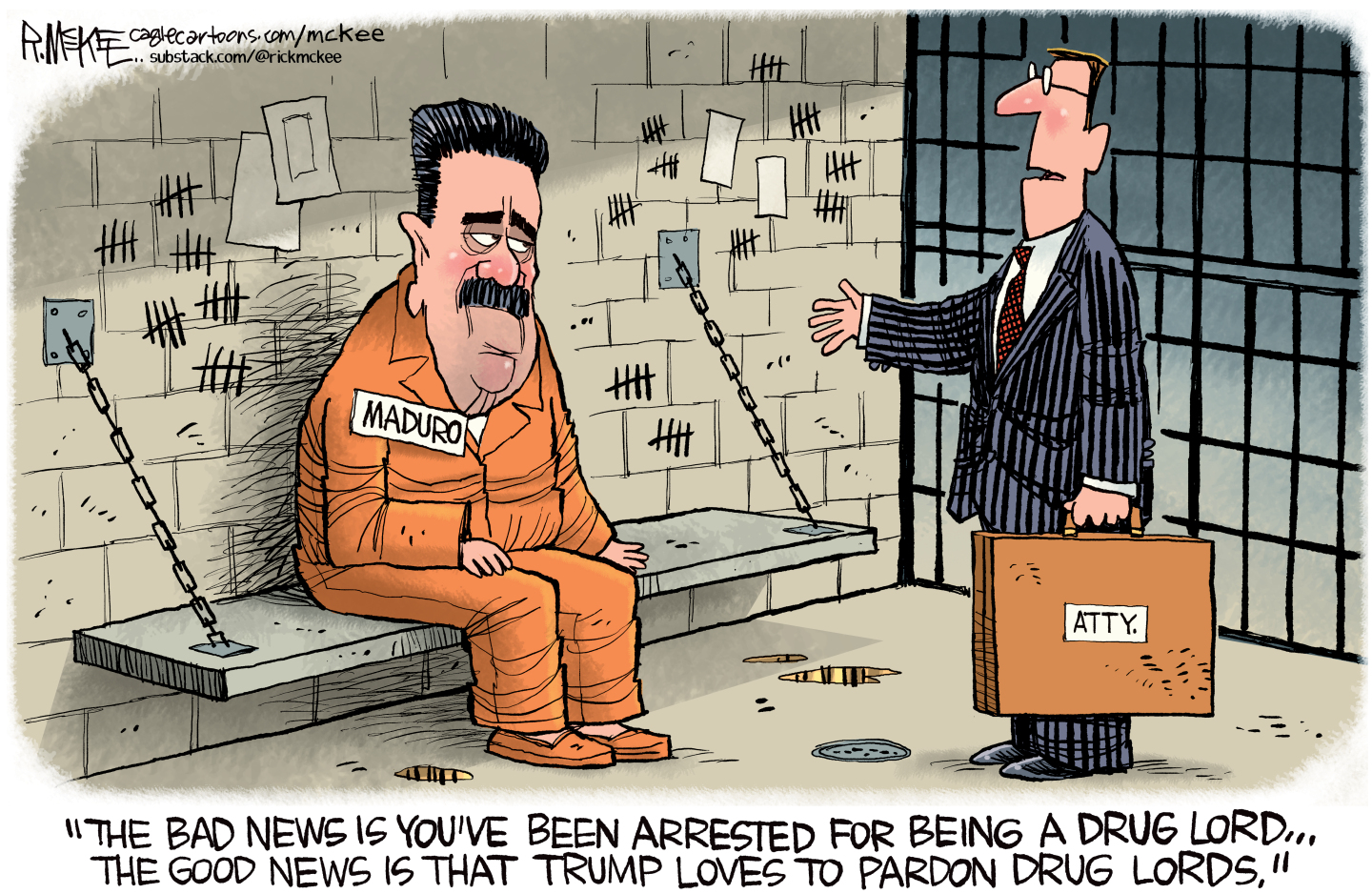'The King's Speech' backlash: Top 5 gripes
After sweeping the SAG Awards last weekend, the British drama looks set to win big at the Oscars. But not everyone thinks it's cinematic royalty...

It might seem that everyone likes The King's Speech. The drama, starring Colin Firth as England's stutter-afflicted George VI, has reaped $121 million at the box office, earned a 95 percent positive rating on the Rotten Tomatoes review aggregator site, and been nominated for 12 Academy Awards. (Watch the trailer for The King's Speech.) But even as the film's supporters anticipate its winning Best Picture, a backlash has kicked in. Here, the five biggest complaints about The King's Speech:
1. The real king wanted to appease the Nazis...
The King's Speech "perpetrates a gross falsification of history," says Christopher Hitchens at Slate. It portrays King George VI as a proud participant in "Britain's finest hour" — its declaration of war on Germany — but had it been up to the real king, that declaration "would never have taken place." The House of Windsor was fully in support of appeasing the Nazi regime, and backed Neville Chamberlain, the "sellout" prime minister who signed the Munich Pact in 1938 with Adolf Hitler.
The Week
Escape your echo chamber. Get the facts behind the news, plus analysis from multiple perspectives.

Sign up for The Week's Free Newsletters
From our morning news briefing to a weekly Good News Newsletter, get the best of The Week delivered directly to your inbox.
From our morning news briefing to a weekly Good News Newsletter, get the best of The Week delivered directly to your inbox.
2. ... and he was no friend of Winston Churchill
Although the film's Churchill supports the abdication of George VI's elder brother Edward, says Andrew Roberts at The Daily Beast, in real life, Britain's wartime prime minister "violently opposed it." And do the filmmakers really suppose Churchill "didn't have better things to do" on the day war broke out than turn up "to witness the king's broadcast"? The movie is riddled with such "glaring and egregious inaccuracies." If you ask me, it "could have done with a historical consultant."
3. The film idolizes the royal family
There are plenty of Britons who one day "hope to replace the monarchy with something fair and democratic," says Jonathan Freedland in The Guardian. But this film has set the republican cause back by decades. By focusing on the royal family's "struggles against adversity," this faux history cements them in our minds as the "chief vessels of our national memory" — and not, as some would argue, symbols of our "rigid, class-bound hierarchy."
A free daily email with the biggest news stories of the day – and the best features from TheWeek.com
4. The cinematography is terrible
Leaving aside history just for a second, says Michael Koresky at Reverse Shot, can we talk about the ridiculous cinematography? "No disorienting technique is spared." The overemphatic shots, distorting close-ups, and "ghoulish lighting" combine to make "interiors seem cavernous and faces appear cadaverous." Maybe the filmmakers were worried they'd be accused of being boring — but the "overbaked, overdramatic" visuals made for a "hideous couple of hours at the movies."
5. It's pure Oscar bait
"The King's Speech is a first-class example of the Oscar bait subgenre," says Eric Freeman at The Awl. Every trait desired by an Academy voter is there. A hero "dealing with an affliction rarely depicted in cinema," a setting with "great historical significance," and a "heartwarming style with a clear emotional arc." In fact, it was deemed a "surefire Oscar contender before anyone had seen it." Sadly for the filmmakers," Oscar bait is typically quickly forgotten."

